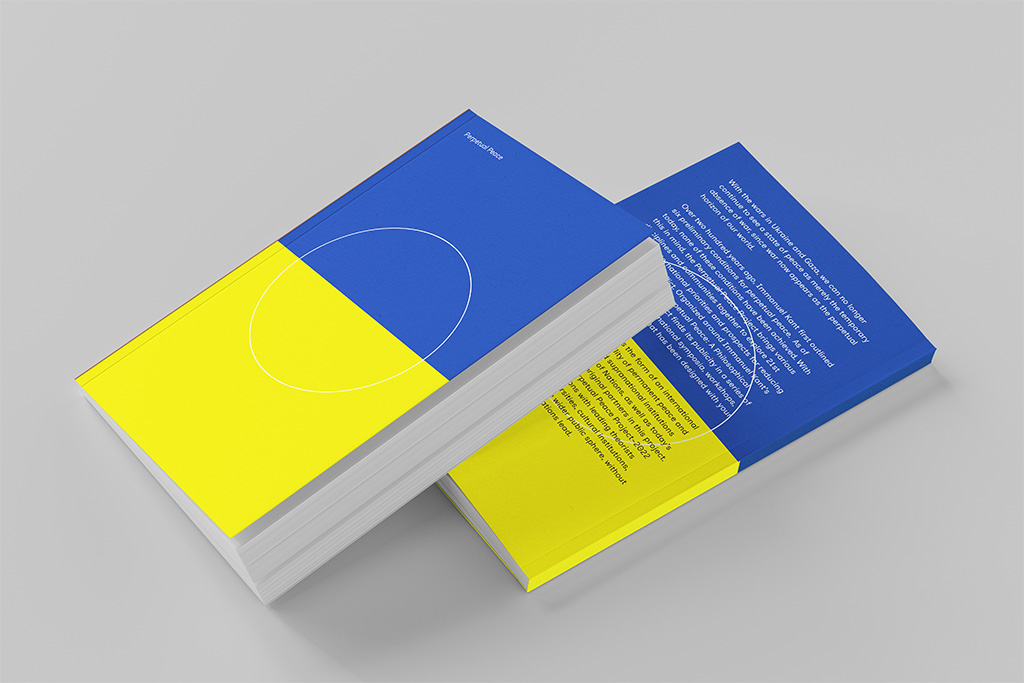Professor Lambert’s published works cover a wide range of disciplines and topics, including: the history of literary criticism and theory, contemporary continental philosophy, philosophy of religion, and issues in the general Humanities, and contemporary academic institutions.
To date he has published fifteen books and critical editions, and more than eighty articles in peer reviewed journals in several different fields, encyclopedias, textbooks and collected volumes; his published writings have appeared in Chinese, French, Korean, Japanese, Norwegian, Czech and other languages.
Professor Lambert is internationally renowned for his scholarship on comparative baroque and neo-baroque culture, contemporary issues in critical theory and the academic Humanities, and 20th century continental philosophy, and especially for his writings on the late contemporary French philosophers Gilles Deleuze and Jacques Derrida.
Featured Published Works
Perpetual Peace Project
With the wars in Ukraine and Gaza, we can no longer continue to see a state of peace as merely the temporary absence of war, since war now appears as the perpetual horizon of our world. Over two hundred years ago, Immanuel Kant first outlined six preliminary conditions for perpetual peace. As of today, none of these conditions have been achieved. With this in mind, the Perpetual Peace Project brings various disciplines and communities together to explore 21st century international priorities and prospects for reducing geopolitical conflict. Organized around Immanuel Kant’s foundational essay ‘Perpetual Peace: A Philosophical Sketch’ (1795), the project finds its publicity in a series of initiatives including international symposia, workshops, and this special edition that has been designed with your participation in mind. Kant’s original sketch takes the form of an international treaty exploring the possibility of permanent peace and anticipated multilateral and supranational institutions such as the original League of Nations, as well as today’s United Nations—one of the original partners in this project. In light of this legacy, the Perpetual Peace Project~2022 seeks to promote collaborations with leading theorists and practitioners in the universities, cultural institutions, governmental halls, and in the wider public sphere, without planning where these conversations lead.
